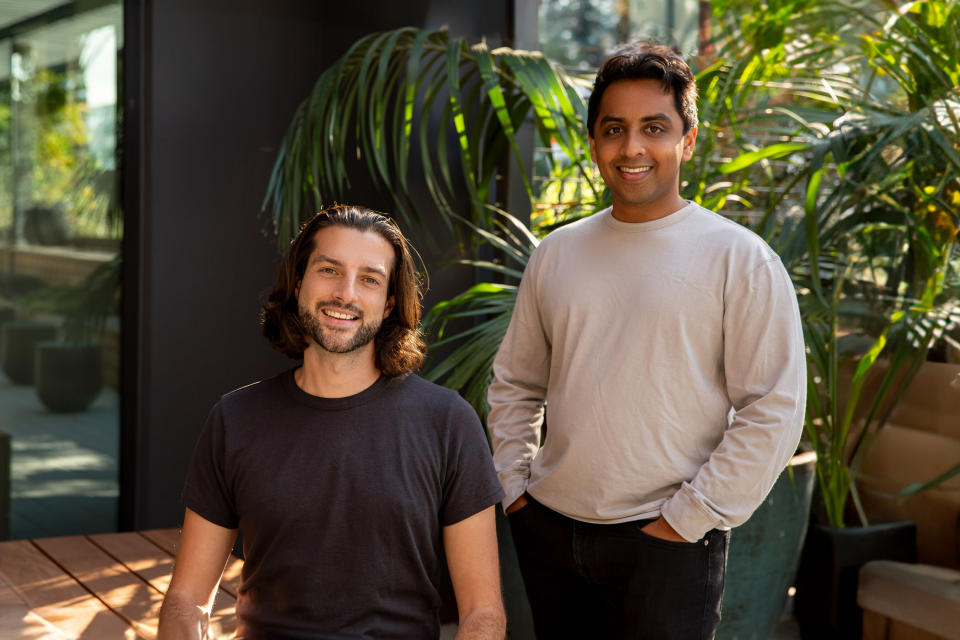Sift is building a better platform for analyzing hardware telemetry data

Less than a year after closing its seed round, software-for-hardware startup Sift announced a $17.5 million Series A led by Google's venture capital arm GV to scale their platform for analyzing real-time data from hardware systems.
The company is developing a platform that provides a single source of truth for telemetry data. Such data is essential for engineers to understand a machine's performance; even tiny anomalies, if missed, can spiral into catastrophe. One timely example that Sift provides is the uncrewed Starliner test mission in 2019, which experienced a software error that sent the spacecraft into the wrong orbit entirely and led to further delays and mounting expenses in the spacecraft program.
Such errors could be avoided with a more comprehensive, yet simplified, software stack for telemetry data, Sift suggests. As opposed to the fragmented sensor data that must be managed by entire teams, or else stitched together with ad hoc solutions, the company is offering nothing less than what it calls "a new paradigm": a single platform that unifies hardware sensor data ingestion, storage, and review.
Automation is one of Sift's biggest differentiators. In the past, a customer may have manually run tests and checked dashboards to ensure hardware health, but with Sift, they can encode "rules" into the platform instead. Sift evaluates those rules against simulations, tests, and operations, and only flags an engineer for data review when it discovers an anomaly.
"Dashboards are fundamentally the wrong solution for in-depth data analysis because there is too much noise for a human to find the signal," Sift co-founders Austin Spiegel and Karthik Gollapudi explained in an email.
Over the next 12 months, Sift is aiming to boost every part of the software stack with artificial intelligence, from more robust anomaly detection to data review. The company is also looking to further automate parts of the compliance and regulatory review process, as these certification workflows will help engineers communicate their readiness to regulators and cut through red tape faster, Sift says.
The company already has a list of customers, including many well-known space and hardware startups, like K2 Space, Astranis, and True Anomaly. Spiegel and Gollapudi, two ex-SpaceX engineers, said that "a startup's need for speed, flexibility and competitive advantage drives it to adopt new tech quickly, such as Sift."
"Building internal tools requires a dedicated headcount to create, manage, and maintain and takes years," they added. "Startups are focused on building their business as fast as possible, so building internal tools -- something they may be able to do -- is not a priority. Engineering hires and priorities are focused on their product. Hiring engineers with domain expertise to build a highly scalable data storage and analytics solution is challenging."
Sift currently has 16 full-time employees and expects to more than double that number over the next 12 months.

 Yahoo Finance
Yahoo Finance 